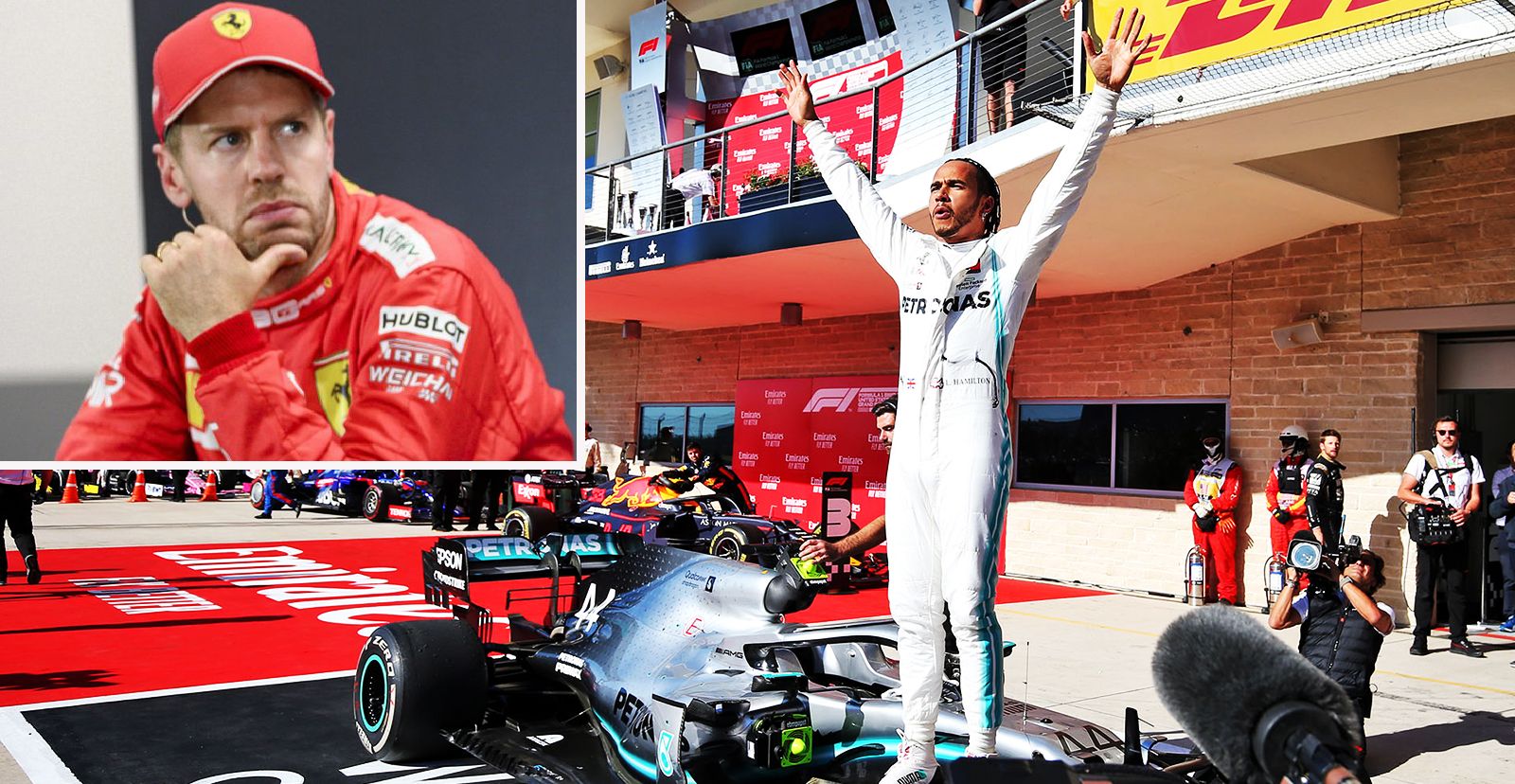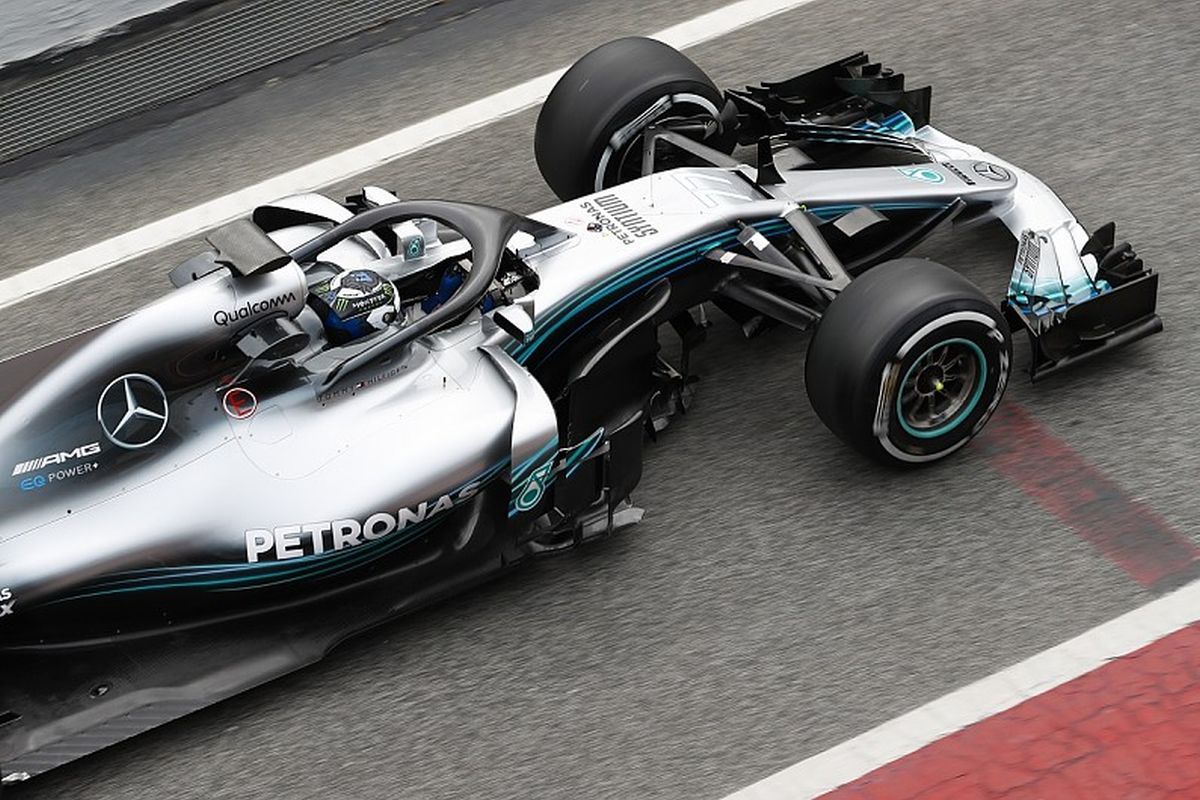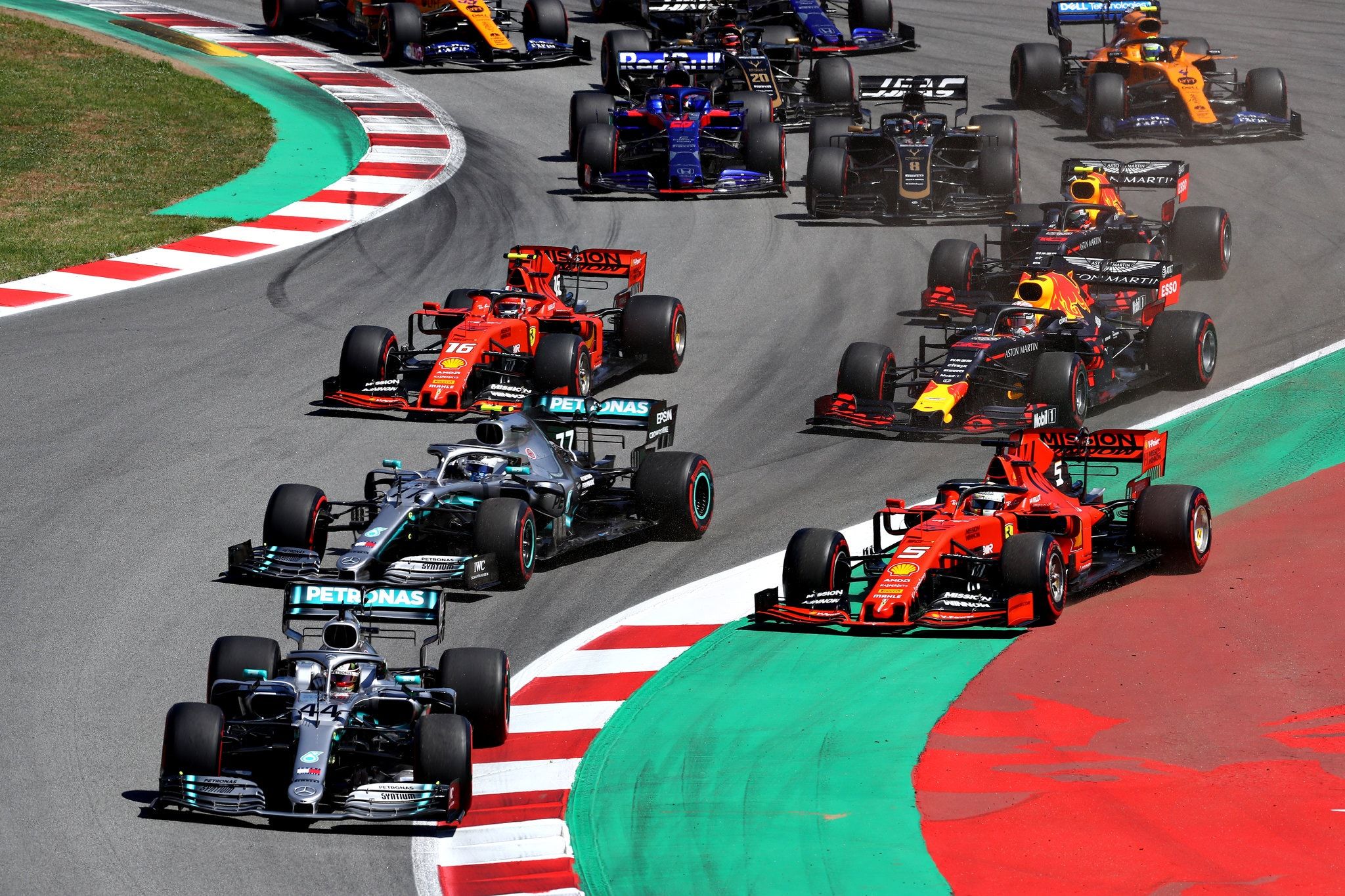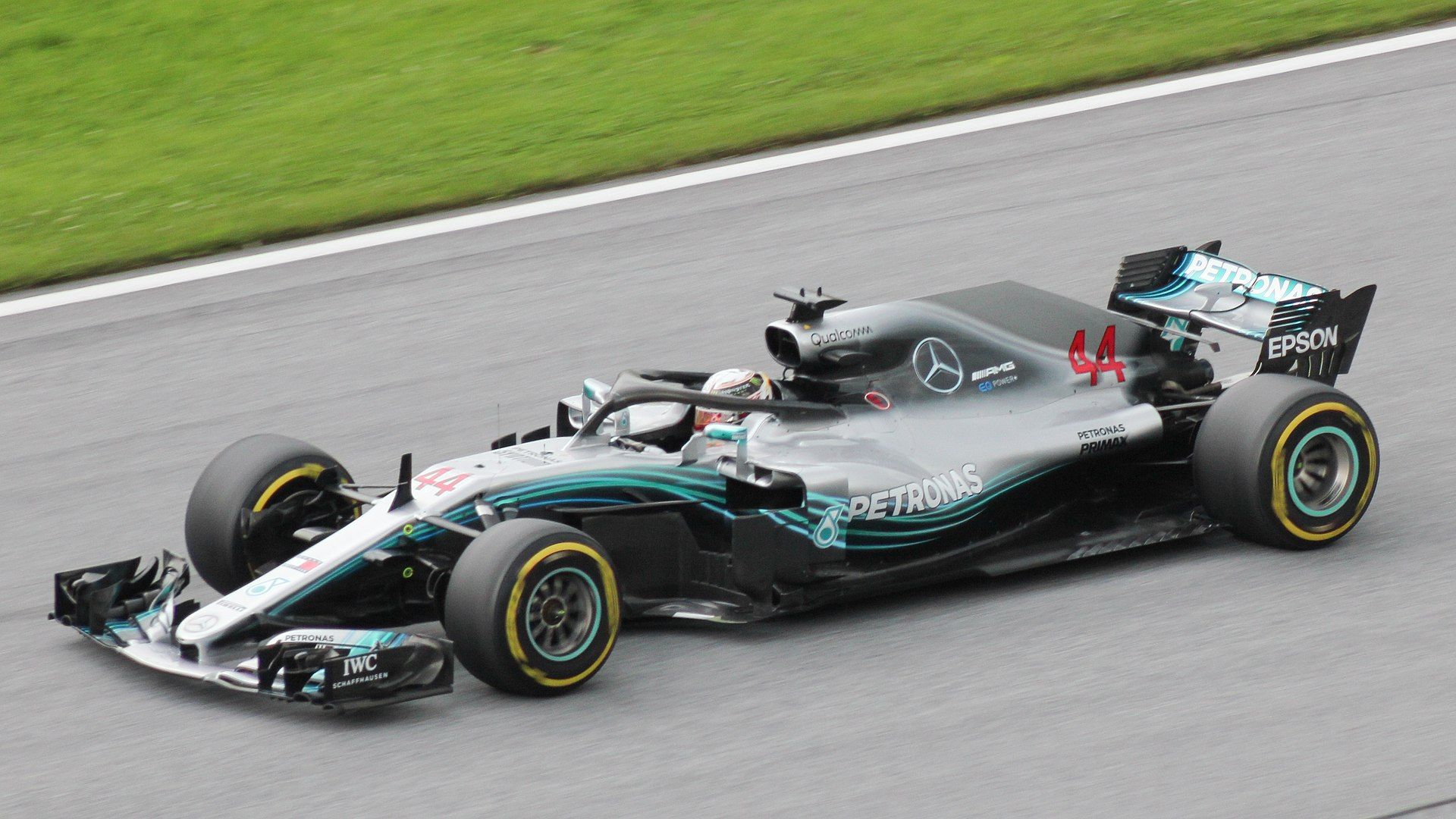Formula 1 is the pinnacle of auto racing, the most technologically-advanced and by far the costliest and most sophisticated competitive series in the world. Competing in F1 requires a very special recipe of abundant resources, access to cutting-edge automotive technologies, great drivers, a reliable and highly-efficient network of supporting services and partners, meticulous staff, almost military-grade precision, and a whole lot of luck- and that’s just to make the grid. And it gets harder and more complicated from there.
For as long as F1 has been around, cycles of dominance by a team have been a normal, accepted and inevitable part of the sport. The McLaren-Hondas of the 80's, Williams in the 90’s, Ferrari in the 2000’s and Red Bull followed by Mercedes in the 2010’s have utterly dominated the sport, setting many records for championships, wins and pole positions in the process.
It is a grudgingly-accepted part of the sport by both the establishment and fans alike that as long as the competition favors the works (factory) teams with deeper pockets, the competition is skewed in favor of those teams. However, factory support does not a winning team make, as evidenced by the untimely departures of BMW, Toyota and many other manufacturers from the sport. It is in this light that Mercedes-Benz’s ironclad grip on both the Drivers’ and Constructors’ World Championships seems all the more awe-inspiring.
They've Won 74% Of All Races Since 2014
A look at the statistics makes a compelling case for this being the most unprecedented and dominant reign ever: Mercedes has won 6 straight Drivers’ and Constructors’ World Championships since 2014 (that’s 12 championship titles), most races in one season (19 out of 21 in 2016), most pole positions in a season (20 out of 21 in 2016) and broken records aplenty, far too many to mention here. But the truly alarming statistic is that they have won no less than 74 percent of all races since 2014! So if you are an F1 fan, there’s a 3 out of 4 chance that you would see a Silver Arrows driver on top of a podium at the conclusion of every race. This is not dominance, it is shock, awe and invincibility of the highest order.
Lewis Hamilton captains this all-conquering cadre of committed professionals: arguably the best driver currently in Formula 1, Hamilton also has the best car, and his numbers do not lie: the Brit had effectively sealed the championship 10 races into the 21-race season in 2019, having secured a win in 7 of them with another 2 for his Mercedes teammate Bottas. The others were left fighting for scraps, and to a (non-Mercedes) fan, that is disheartening and off-putting.
Although 2019 did produce many fine races with more overtaking and exciting sequences than the previous couple of years, there was no shortage of dull ones where a high-speed procession of expensive machinery made a mockery of the word “race”. To their credit, Mercedes didn’t simply demonstrate outright speed, they beat everyone frequently with their technical and tactical racecraft. Their pit strategies were consistently spot on- with a typical Germanic attention to detail- and they blew everyone away with a ruthless efficiency in executing their race plans while clearly but not overtly favoring their (deservedly) number one driver, Hamilton.
As for the competition, the primary protagonists, i.e. Ferrari, showed much promise and won several races but fell way short of their goal at the end. The promising new SF90 turned out to have prodigious speed and power, but was not sufficiently competitive on several tracks and/or lacked mechanical reliability. The outright speed of new signing Charles Leclerc meant that there was no real number one driver for the team, and that in turn created a somewhat chaotic environment which detracted from the overall goal of dethroning Mercedes. The frequent mistakes made in their pit strategy or by the pit crew themselves made the team look rather discombobulated at times.
Can F1 Survive Mercedes' Dominance?
As for the rest of the teams, Red Bull and their young Dutch phenom Max Verstappen had a number of victories and pole positions, but far too infrequently to threaten the armored beast that is the Mercedes AMG Petronas Motorsport. The other teams such as Renault, McLaren and the like scored no victories or pole positions and were not in any sort of contention to remotely threaten Mercedes and their dominance.
This era of Mercedes supremacy has been a perfect storm for the team, and one that shows no signs of abating. The convergence of the best, most reliable engine/chassis combination, the best driver, the most adept and well-drilled team and seemingly infinite resources of Mercedes Benz has ensured a solid grasp on this glamorous sport.
Despite many radical rule changes initiated by the FIA to promote overtaking and parity in the field, the Silver Arrows have remained indomitable and will likely continue to do so for the foreseeable future. Although die-hard Formula 1 fans will continue to watch and follow the sport intently-some hoping against all hope that Mercedes can be replaced at the top of this most extravagant of all food chains- many a casual fan will not.
Formula 1 can not afford to lose more global audience to the allure of more exciting sports and although most observers feel that Mercedes' reign will eventually come to an end sometime in the next handful of years, chances are that this trend will continue and that more casual fans will be turned off and turning off (their televisions).
The Need For Regulation and Technological Advancements
How does the FIA remedy this? Or can Ferrari or perhaps Red Bull come up with a magic bullet to kill or at least weaken this 800-pound gorilla of the racing world? So far, all indications have been that this process will be slow coming but ineluctable.
In the meantime, a slew of new technologies and regulation changes to allow for closer racing and more passing may help accelerate this shift. No disrespect to Mercedes - they deserve every win and accolade they have attained- but the competition is the foundation of Formula 1 and in that spirit, a break in this domination is sorely needed in order to save the sport.




